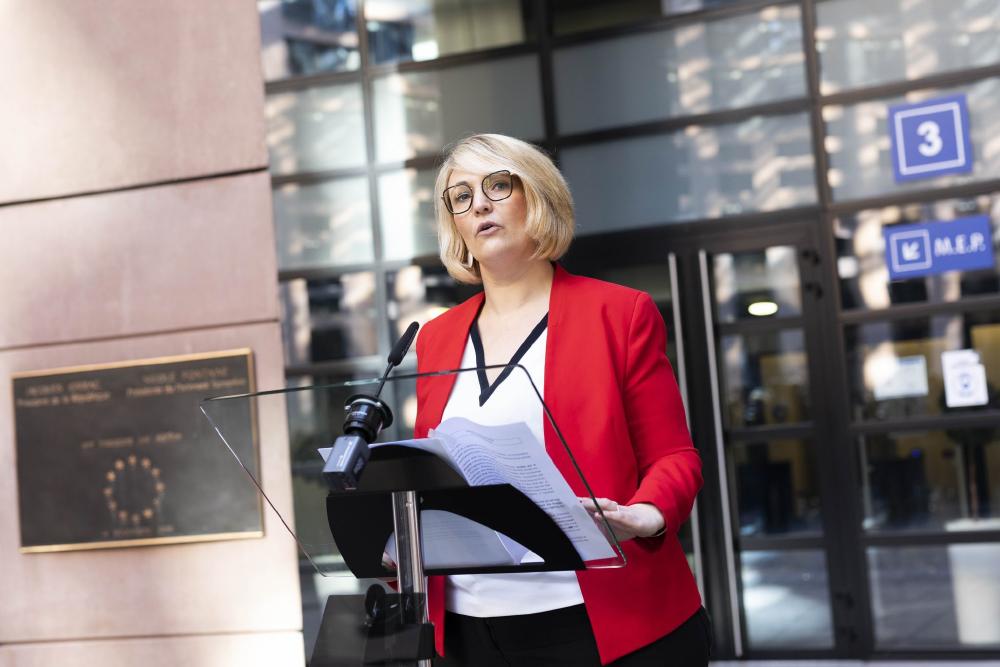
The inaugural session of European Student Assembly is one of the actions implemented by European Universities Community. The objective was to allow European students to speak up about the university of the future. In order to achieve that, they made more than a hundred recommendations which will later be submitted to the European Commission within the scope of the Conference on the Future of Europe.
This event made it possible for participants from different European universities to meet in person. Among them, ten Unite! could meet for the first time, seven of which are students at Grenoble INP – UGA.
A look back at the memorable events that took place during these two days:
March 3rd
- Visit of the European Parliament in Strasbourg. Member of Parliament Marie-Pierre Vedrenne welcomed the students with an inspiring speech on the importance of the youth for the future of Europe.

Source : Tweet from Marie-Pierre Vedrenne
- Opening session at the Palais Universitaire of Strasbourg, hosted by Constance Chevallier-Govers, professor at the Université Grenoble-Alpes, along with, among others, Frédérique Vidal, Minister of Higher Education, Research and Innovation (video).
March 4th
Although different in their functions, experience or age, the four guests agreed to say that Europe needs to be more united than ever to tackle the challenges and crises it is facing. The Conference on the Future of Europe should be the opportunity to “reform Europe” and most of all to “act now for the future”. According to them, it is of utmost importance to hear the voices of the young generation.
- All in all, more than a hundred proposals have been written by all ten panels. From cybersecurity to agriculture, and with education, or climate refugees, all students have proposed realistic ideas aiming at improving the future of Europe. After a vote by show of hands with a great majority voting in favour of the recommendations, the assembly ended on a standing ovation, showing the enthusiasm and pride of all participants.
A memorable event for European students, which can only encourage more initiatives of this extent!


